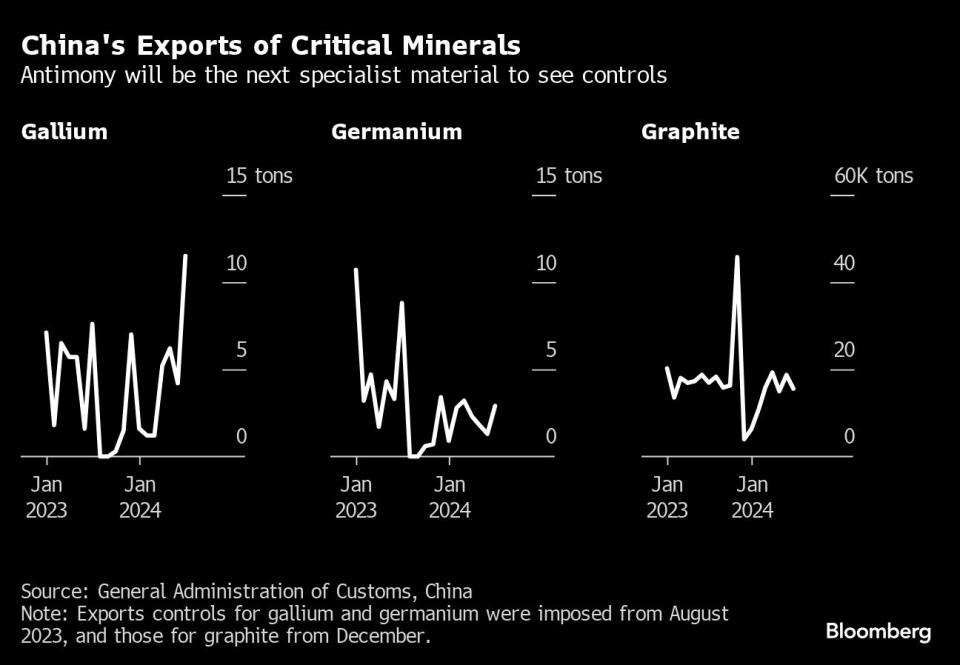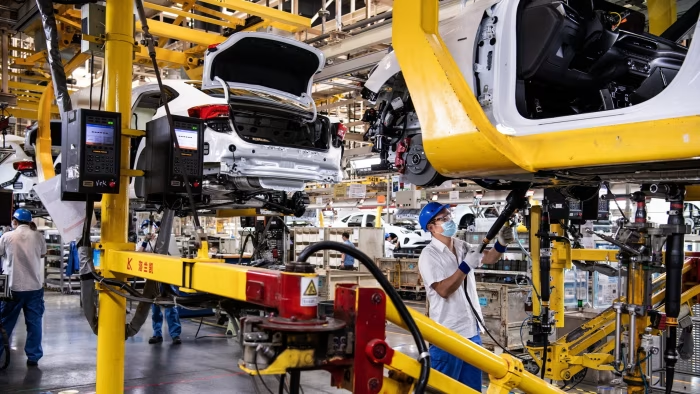Reckitt Plans to Increase U.S. Production in Response to Potential Tariff Risks

Reckitt Aims to Boost U.S. Production Amid Looming Tariff Risks
In the face of increasing global trade uncertainties, Reckitt Benckiser, the multinational consumer goods company known for its popular products like Lysol, Dettol, and Air Wick, has announced plans to expand its manufacturing capabilities in the United States. This strategic move comes as the company seeks to mitigate the risks associated with potential tariffs that could impact its global supply chain.
Reckitt’s decision is largely driven by the shifting dynamics of international trade policies, particularly the threat of higher tariffs between the U.S. and key trading partners such as China and the European Union. The company, which operates in more than 60 countries and sells a wide range of consumer health, hygiene, and home products, is increasingly concerned about the financial burden that additional tariffs could impose on its operations. By ramping up domestic production, Reckitt hopes to not only reduce reliance on imports but also improve its ability to adapt to changing trade conditions.
The escalating trade tensions, which have already led to tariff hikes on various goods, pose a significant challenge to multinational companies like Reckitt. In particular, the tariffs on Chinese imports have had a ripple effect across global supply chains, raising the cost of raw materials and finished products. Reckitt, which sources ingredients and packaging from around the world, is particularly vulnerable to these fluctuations. With its key manufacturing sites based in regions such as Europe and Asia, the company has been forced to reevaluate its approach to production and distribution.
To mitigate these risks, Reckitt has identified the U.S. as a critical market for its future growth, especially in light of the ongoing tariff threats. Expanding production within the U.S. offers several advantages, including reducing exposure to tariff-driven price increases, ensuring faster delivery times, and supporting the company’s long-term growth strategy in one of the world’s largest consumer markets. Moreover, by strengthening its domestic manufacturing base, Reckitt can capitalize on the “Made in America” trend, which has gained traction among U.S. consumers who increasingly favor locally produced goods over imports.
Reckitt’s commitment to increasing U.S. production aligns with broader trends in the consumer goods industry. Many companies are reevaluating their supply chains in response to the trade war between the U.S. and China, as well as other geopolitical risks. By localizing production, companies can not only avoid tariffs but also enhance their resilience to supply chain disruptions caused by global events, such as the COVID-19 pandemic, which underscored the vulnerabilities of global sourcing.
In addition to the practical benefits, this move also reflects Reckitt’s dedication to maintaining a strong presence in the U.S. market. The company has a long history in the United States, where it has built a reputation for delivering essential household and healthcare products. By investing in U.S. production capacity, Reckitt signals to both consumers and investors that it is committed to maintaining high standards of quality and reliability, while also being responsive to changes in the economic landscape.
The expansion of U.S. manufacturing is not just about avoiding tariffs—it is also an opportunity for Reckitt to innovate and improve its production processes. The company plans to leverage advanced technologies, such as automation and data analytics, to enhance efficiency and reduce costs. These improvements will not only help Reckitt stay competitive in an increasingly challenging market but also enable it to pass on savings to consumers, which is crucial in the face of rising production costs.
Reckitt’s strategy is still in its early stages, but the company’s leadership is optimistic about the potential for growth. As part of its long-term vision, Reckitt aims to establish more localized production hubs in the U.S., while also continuing to strengthen its global supply chain. By balancing domestic manufacturing with international sourcing, Reckitt is positioning itself to thrive in a rapidly changing trade environment.
As Reckitt moves forward with this expansion plan, it will need to carefully navigate the complexities of U.S. labor laws, environmental regulations, and other local market conditions. However, the company’s proactive approach to addressing tariff risks and its focus on domestic production could prove to be a game changer in an increasingly protectionist global economy. With a clear focus on innovation and efficiency, Reckitt is poised to remain a leader in the consumer goods sector despite the uncertainty surrounding international trade.






